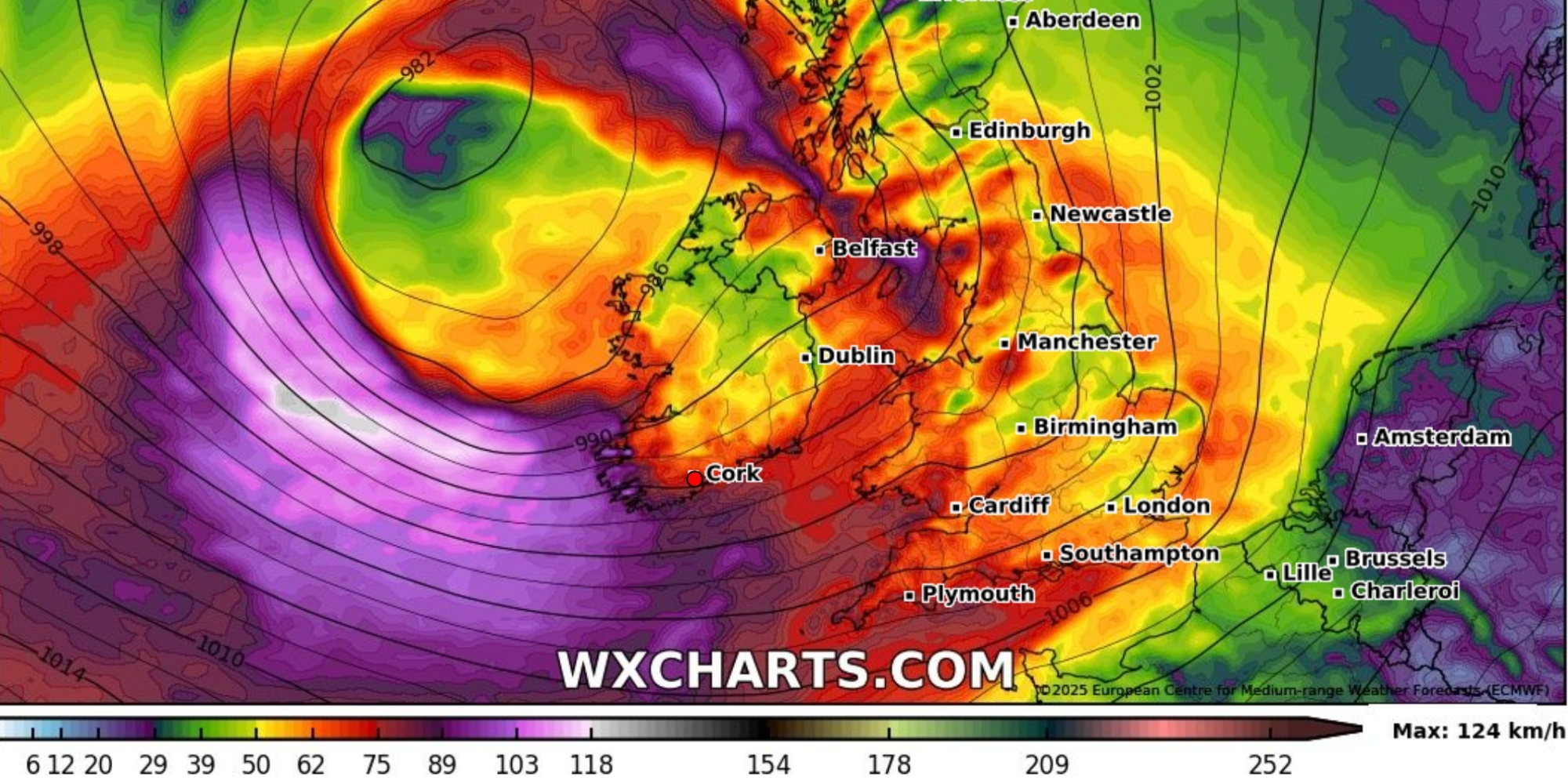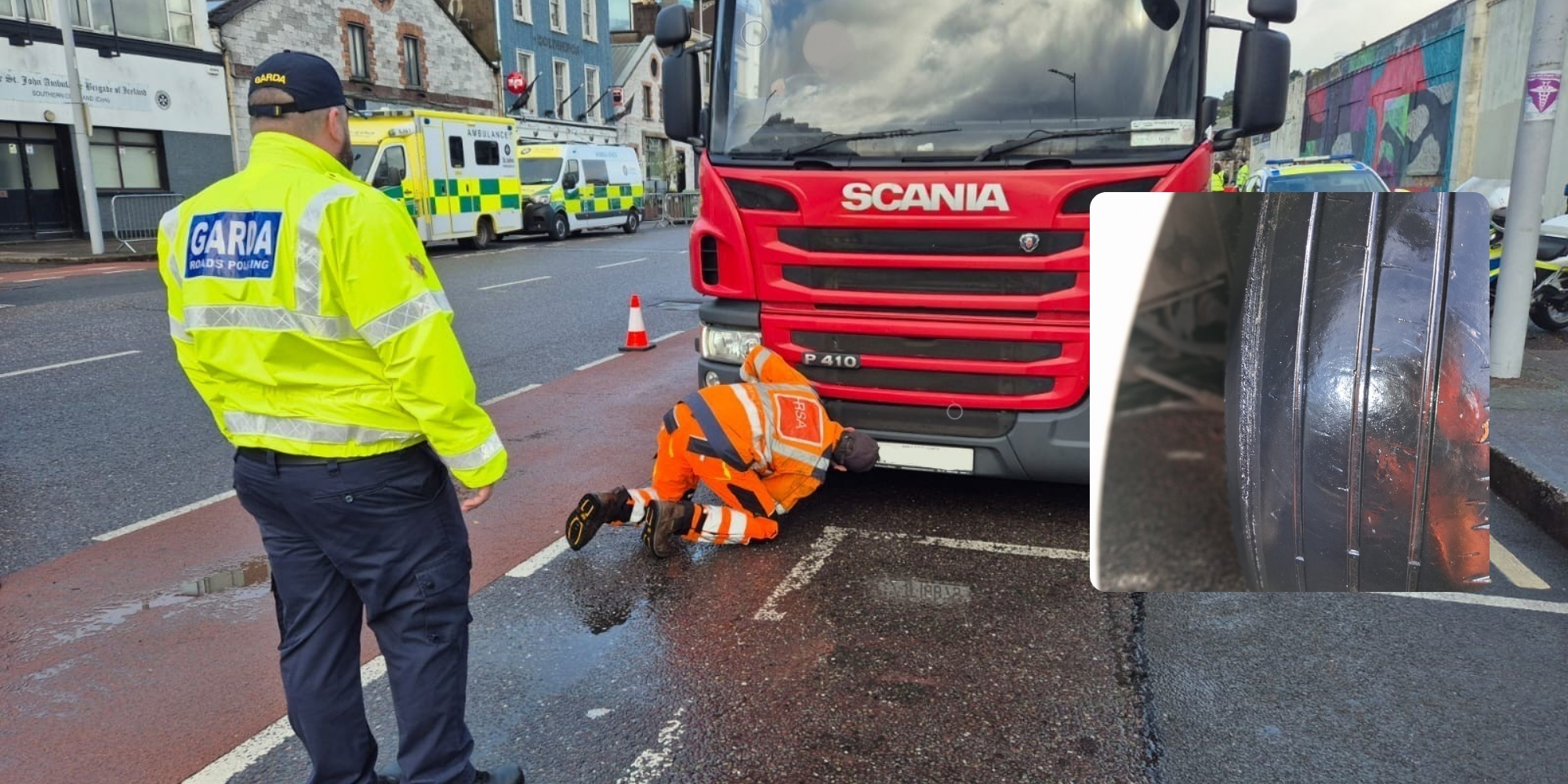Ireland Faces EU Action Over Delayed Drinking Water Safety Laws
Ireland faces EU action for failing to implement updated drinking water safety laws 2.5+ years after deadline.

- The European Commission has launched formal infringement proceedings against Ireland for failing to properly implement crucial drinking water protection standards, over two and a half years after the legal deadline.
The European Commission has issued Ireland with a formal letter of notice for incorrectly transposing the EU's updated Drinking Water Directive, which was designed to strengthen water safety standards and tackle emerging pollutants including endocrine disruptors and microplastics.
Ireland, alongside France and Slovenia, failed to meet the 12 January 2023 deadline for implementing the directive into national law. The Commission's action follows a delay of over two and a half years in properly adopting these enhanced water protection measures.
For Ireland specifically, the transposition issues centre on provisions requiring immediate action when drinking water poses potential health risks. This includes measures such as temporary restrictions on water use when supplies temporarily fail to meet safety standards.
The recast Drinking Water Directive represents a significant update to EU water quality standards, introducing a risk-based approach to water safety that covers the entire supply chain from source to tap. The legislation specifically addresses growing concerns about emerging contaminants and aims to provide cleaner, safer tap water across all member states.
European Commission representatives stated the directive "protects human health by updating water quality standards, tackling pollutants of concern, such as endocrine disruptors and microplastics, and providing cleaner tap water."
The directive forms part of the EU's broader Zero Pollution Action Plan, which seeks to reduce air, water and soil pollution to levels no longer harmful to health and natural ecosystems by 2050.
Ireland now has two months to respond to the Commission's concerns and address the identified shortcomings. Failure to provide satisfactory responses could result in the Commission issuing reasoned opinions, potentially leading to further legal action.
The delays in implementation mean that enhanced protections against emerging water contaminants and improved emergency response procedures have not yet been fully integrated into Irish water safety regulations.
Water safety advocates emphasise that proper implementation of these standards is crucial for maintaining public confidence in tap water quality and ensuring rapid response capabilities when water safety issues arise.
The Commission's action highlights the importance of timely implementation of EU water safety standards, particularly as new pollutants and climate-related challenges continue to emerge in water supply systems across Europe.
Ireland must now demonstrate how it will address these regulatory gaps to ensure full compliance with EU drinking water protection standards.



